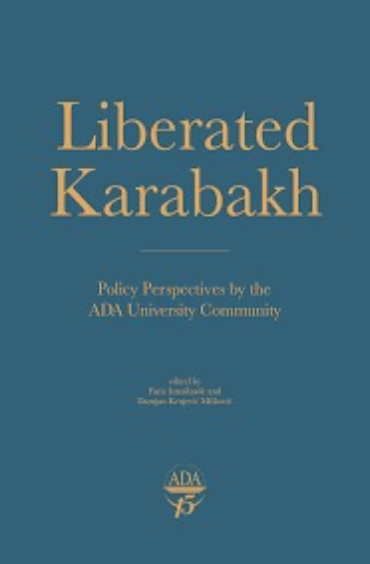Agricultural Adaptation in Nakhchivan: Confronting Climate Change Challenges:
While Azerbaijan contributes only a small fraction (0.1 percent) to global greenhouse gas emissions, the country is experiencing significant impacts of climate change. This highlights the importance of adaptation strategies, particularly in regions with a strong agricultural sector and coastal proximity. The Nakhchivan Autonomous Republic, characterized by arid and continental climate, advanced agriculture, and scarcity of water resources, is one of Azerbaijan’s most vulnerable regions to climate change.








